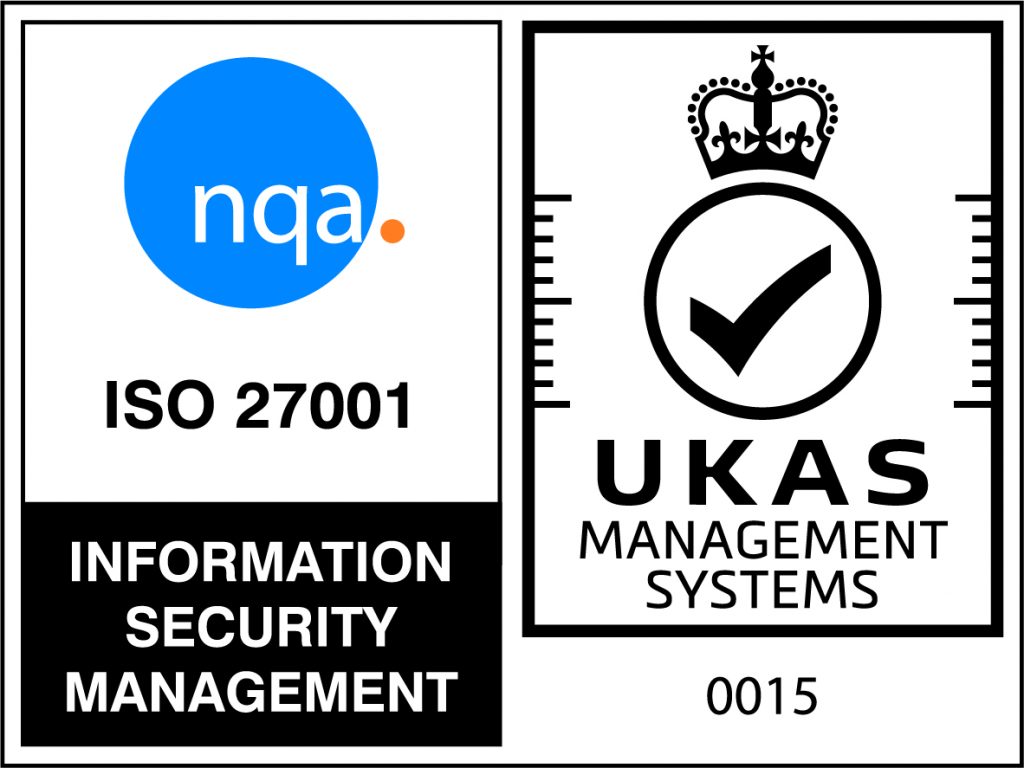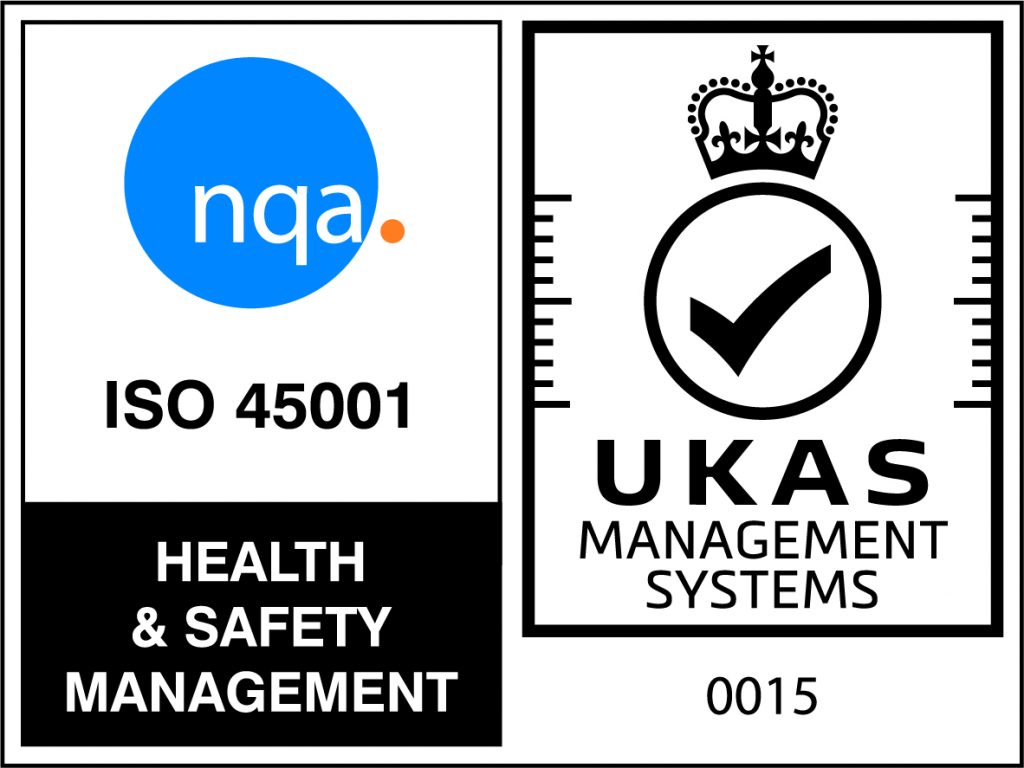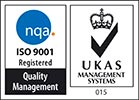Dr. Nancy Doyle, Organisational Psychologist specialising in neurodiversity, has written a Forbes article arguing that providing disability adjustments enhances productivity. She emphasises that such accommodations are not special privileges but essential tools that enable all employees to perform optimally.
The article states: Provision of disability related adjustments is sometimes seen as a competition for scarce resources, or “unfair special treatment”, where a handful of employees gain favours over others. This view has led to what Susan Scott Parker, founder of Business Disability International, calls the “compliance paradox.” Scott-Parker points out that this is a high risk strategy for businesses, where bare minimum disability support is offered and employees have to jump through hoops to participate. Requiring people to prove they have a disability before making it easier for them to do their job inevitably causes ill-will and generates legal risk. Scott-Parker has teamed up with end-to-end disability adjustments provider Microlink, and the non-profit Purple Space, the global professional development hub for disability employee networks , to create a new report: “Everyone Wins a Balloon.” The report argues for a more strategic look at the business value of adjustment management in line with workforce planning.
Dr. Nancy Doyle has reported on the “Everyone Wins a Balloon” playbook, and has presented three reasons to support its perspectives:
One: A Proactive Approach Is Not A Flood
While 25% of a large workforce has a disability or health condition affecting their performance, only 3-5% request adjustments each year, even when well advertised—hardly a flood. Since 80% of disabilities are not immediately visible, strategic workforce planning is needed rather than relying on individual managers. The report highlights that a fragmented, compliance-driven approach leaves no one monitoring costs or impacts, as employees may seek support from multiple departments, including facilities management, occupational health, legal, and HR
Two: The Hidden Costs Of An Unmanaged System Are Substantial
In the playbook, Scott-Parker highlights that without a managed adjustments process, organisations lack the data needed to justify its implementation. A well-designed adjustments system should be logistics-driven and focused on job performance rather than individual diagnoses. Managing adjustments at the organisational level ensures business-relevant solutions that enhance productivity, engagement, and well-being. A senior leader should oversee the process, from advertising to procurement and delivery, tracking key metrics like delivery time, request denials, and impact on absenteeism. Case studies show that, in large organisations, most adjustments can reasonably be fulfilled within 20 working days
Three: Evidence Indicates Positive ROI
A Microlink case study of 114 employees absent due to mental health conditions showed that adjustment management reduced absenteeism by 83%, saving £1 million in one year. Scott-Parker notes that nearly 50% of employees requesting adjustments had only recently acquired their disability or health condition. A subscription-based funding model for adjustment management, similar to Health Insurance and EAPs, would provide predictable costs while ensuring businesses retain and support employees before they develop disabilities. Employee engagement is well known to boost productivity, but what’s striking is that after implementing an adjustment management system with a preapproved catalogue and streamlined process—independent of individual managers’ budgets and expertise—the engagement gap between disabled and non-disabled employees improved by 10 percentage points.
Read the full article: https://www.forbes.com/sites/drnancydoyle/2025/04/02/three-reasons-why-disability-adjustments-and-productivity-are-the-same-thing/

 Back to News
Back to News

















